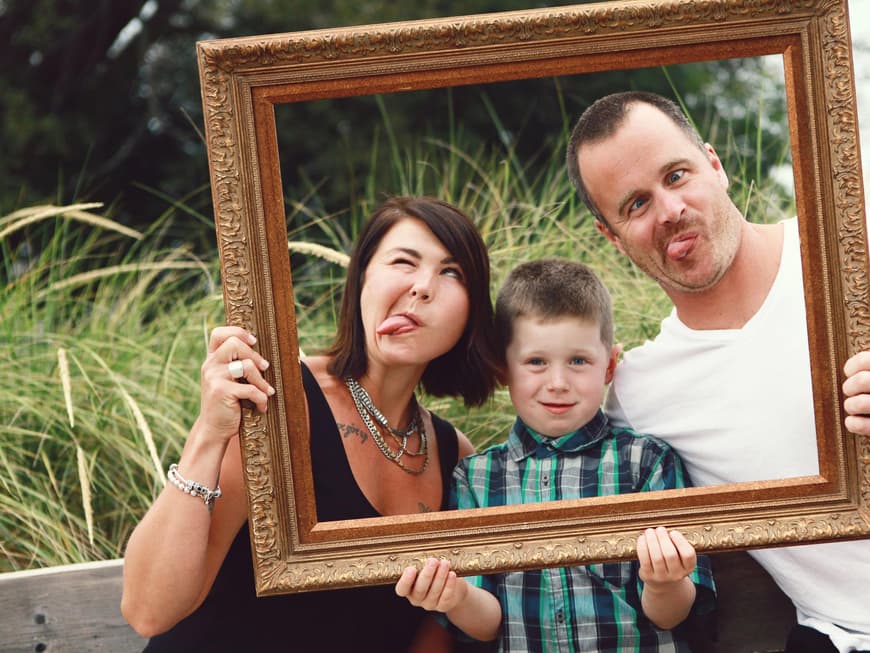
Children's photos on the Internet: Children also have rights in the digital space
"Oh look how cute!" - quickly share the snapshot on Facebook, Instagram and co. and it's done: The children's photos are public. If you asked the children beforehand, they probably wouldn't want this - after all, photos with Aunt Gisela and funny cardboard hats can make you the butt of jokes with friends and classmates later on. Not to mention the lack of privacy. In the past, photos were at best shared with relatives and close friends, but today pictures of your own children are shared with the whole world, no doubt with pride. Parents and grandparents should perhaps reconsider this. Regardless of the fact that children may later find the published photos embarrassing, posting them indiscriminately is not entirely without danger. In the worst case scenario, the pictures could fall into the wrong hands. The German Children's Fund's "Schau hin!" campaign aims to draw attention to the fact that children also have rights in the digital space and that many adults unfortunately lack awareness of the problem of children's photos on the internet.
Children's personal rights extend to all areas of life and therefore also to the digital space. It is therefore important to raise awareness not only among children themselves but also among adults, especially parents, about how to deal with children's personal information and images in social media
says Thomas Krüger, President of Deutsches Kinderhilfswerk, on the website www.schau-hin.info.
According to a representative survey conducted by the political research institute Kantar Public on behalf of the Deutsches Kinderhilfswerk, only 54% of adults surveyed are aware of privacy and personal rights in connection with the use of social media such as Facebook, WhatsApp or Instragram. The topic of data protection is only relevant for 51 percent. Anyone who wants to continue publishing children's photos on the internet should therefore follow these tips:
6 tips for dealing with children's photos on the internet
Tip 1:
Never post photos of your child in inappropriate situations! Be aware of which children's photos you share online.
Tip 2:
Never give the child's full name in connection with a photo.
Tip 3:
Avoid photos that allow conclusions to be drawn about the child's whereabouts.
Tip 4:
Regularly check privacy and security settings on social media platforms - keep track of who is really allowed to see children's photos online.
Tip 5:
Celebrities lead the way and pixelate their children's faces or put emojis over them. In this way, you protect the personal rights of your children when they are still too young to give their consent for publication.
Tip 6:
Involve your children in posting photos as soon as they are big enough. You are responsible for young children who cannot foresee the extent of the problem! Be a role model yourself when using social media.
